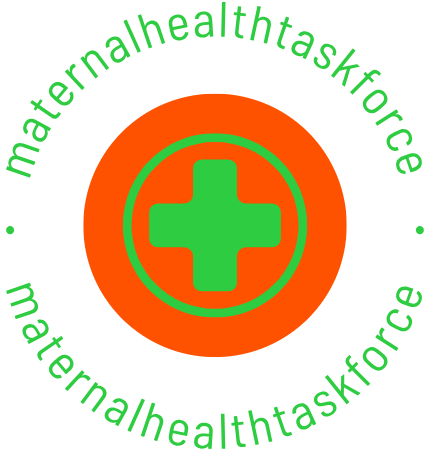Maternal health care services play a vital role in ensuring safe pregnancies and healthy deliveries. However, there is always room for improvement to better support mothers, especially in underserved areas. In this article, we will explore practical ways to enhance these services, making them more accessible, effective, and supportive for all women.
Improve Accessibility for All
One of the most critical areas of maternal health care is accessibility. Every woman, regardless of location or financial situation, should have access to quality care during pregnancy and childbirth.
Expand Health Facilities
To improve maternal healthcare services, it is essential to increase the number of health facilities, especially in rural and underserved regions. Building more hospitals, clinics, and birthing centres can ensure that women receive timely care. In addition, mobile health units could serve remote areas, bringing services directly to those who cannot travel far.

Ensure Affordable Care
Another way to enhance accessibility is by reducing the cost of maternal health services. Governments and private institutions should collaborate to subsidize care for low-income families. Offering affordable care reduces financial barriers, ensuring that all mothers can seek the medical attention they need.
Strengthen Health Care Provider Training
The quality of care provided depends on the skills and knowledge of the health professionals. Therefore, improving maternal health care services involves upgrading training programs and ensuring healthcare providers are well-equipped.
Invest in Continuous Education
Healthcare professionals, including midwives, nurses, and doctors, should have access to continuous education on maternal care best practices. Ongoing training ensures that they stay updated on new medical techniques, technologies, and guidelines for maternal care.
Promote Specialized Training
Another key improvement is encouraging specialized training in maternal health for professionals. By focusing on areas such as high-risk pregnancies and emergency obstetric care, healthcare providers will be better prepared to handle complications that may arise during childbirth. This can dramatically reduce maternal mortality rates and improve outcomes for both mothers and babies.
Enhance Community Support Programs
Maternal health care services don’t stop at the hospital. The community plays a pivotal role in supporting mothers throughout pregnancy and after childbirth.
Strengthen Community Health Worker Programs
One way to improve maternal health care services is by expanding community health worker programs. These workers act as liaisons between women and healthcare providers, offering support, guidance, and basic care in local settings. By training more community health workers, you can create a strong support system that ensures women receive proper care, even outside medical facilities.
Offer Counseling and Education
Educating mothers on prenatal and postnatal care is vital to improving maternal health outcomes. Offering educational workshops, counseling sessions, and informational materials on nutrition, breastfeeding, and newborn care empowers women with the knowledge they need. Furthermore, these programs help identify risks early, encouraging mothers to seek care when necessary.
Integrate Technology into Maternal Health Care
Technology has the power to transform maternal health care services by improving communication, data management, and monitoring.
Implement Telehealth Services
Telehealth services can provide vital maternal health consultations, especially for women in remote areas. With virtual appointments, expectant mothers can get regular checkups, advice, and even emergency guidance without needing to travel long distances. This greatly enhances the reach of maternal care services.
Use Mobile Health Applications
Mobile health applications can also play a significant role in improving maternal health care services. These apps can offer reminders for prenatal checkups, provide nutrition advice, and track pregnancy progress. By integrating digital tools into maternal care, healthcare providers can create a seamless experience for mothers.
Conclusion
In conclusion, improving maternal health care services is a multifaceted process that requires expanding accessibility, enhancing healthcare provider training, strengthening community support, and embracing technology. By focusing on these areas, we can ensure that more women receive the quality care they deserve, ultimately reducing maternal mortality and improving the overall well-being of mothers and their children.
By working together—governments, healthcare providers, and communities—we can create a future where maternal health care services are universally accessible, affordable, and effective.










